

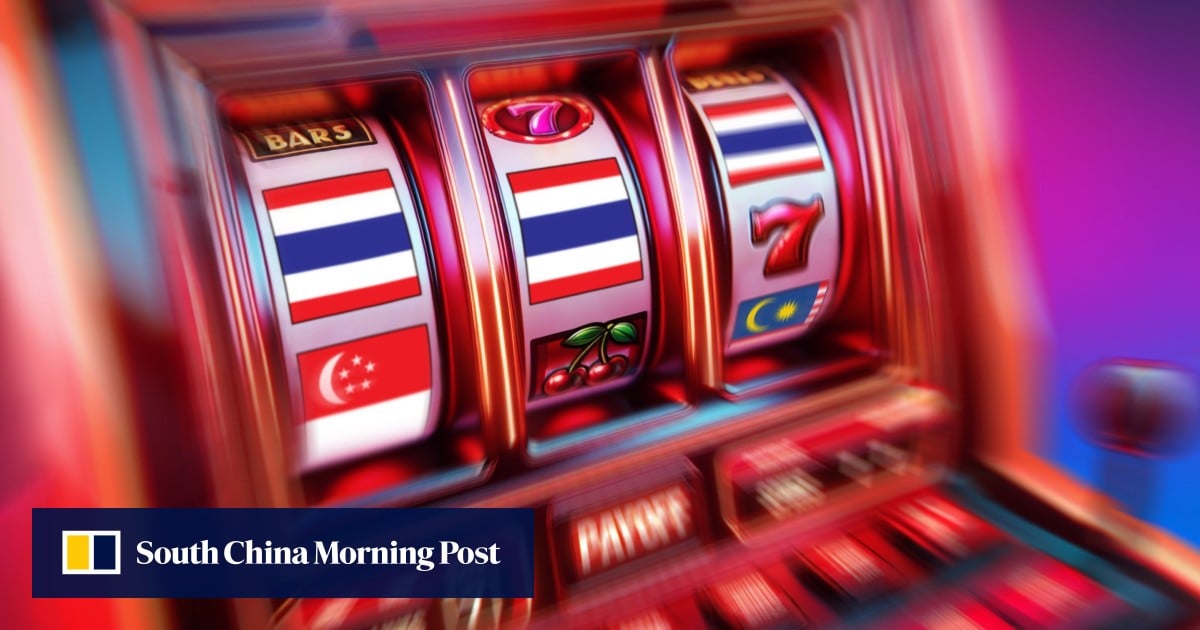
“We do not want to promote gambling, but would rather supervise it and use the investment to create jobs,” Srettha wrote on social media platform X on March 29. “We can regulate the grey economy and collect taxes.”
Late last month, Thailand’s lower house overwhelmingly approved a study recommending the development of entertainment complexes – with casinos at their heart – to be funded and built by private capital, and regulated with revenues taxed at around 17 per cent.
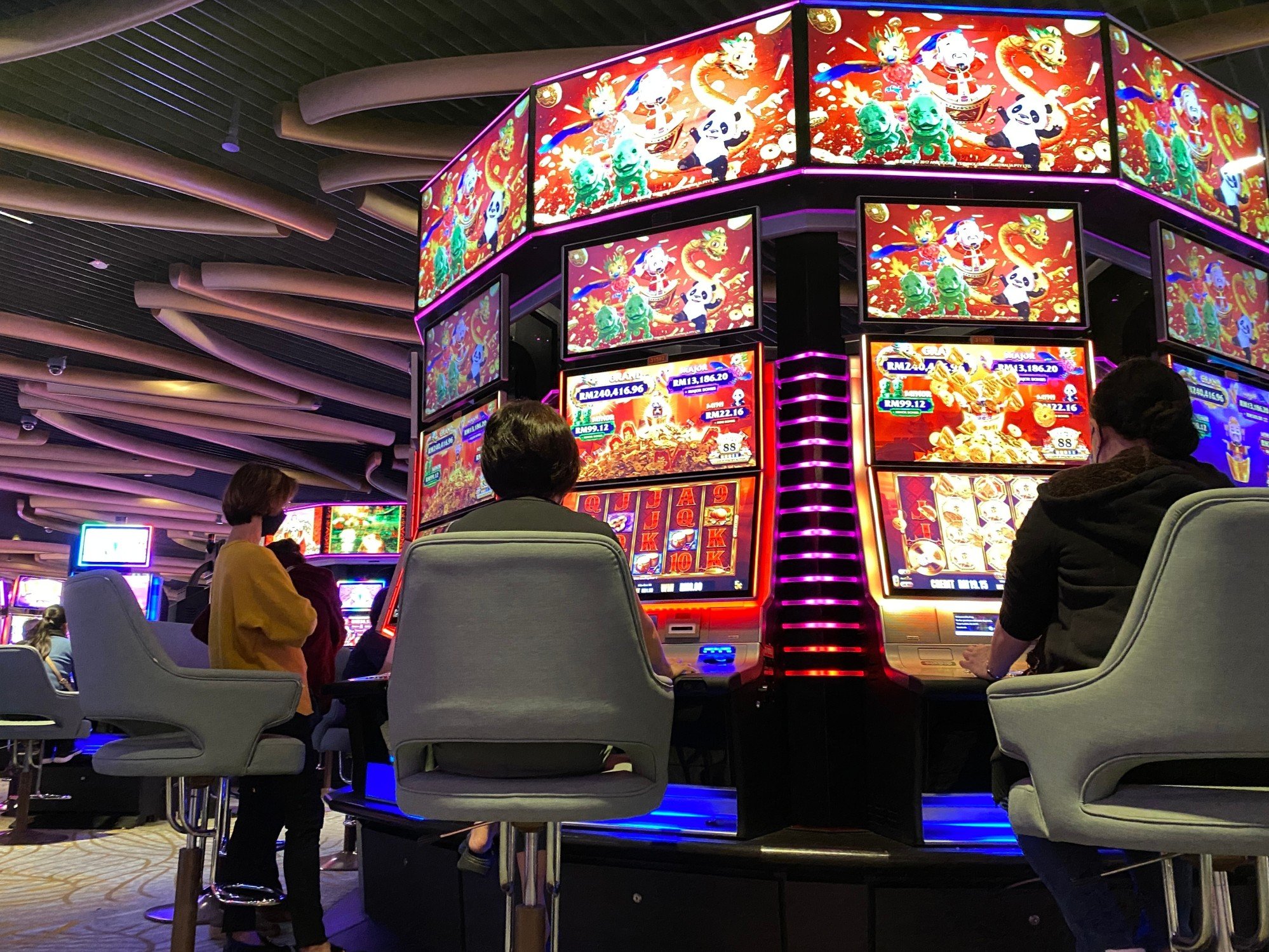
The casino plan was endorsed on Tuesday by the cabinet, paving the way for legislation to be formally introduced to parliament for a full debate.
Srettha’s administration has prescribed a stiff cocktail of state spending and foreign investment to perk up a sickly growth rate that’s forecast by the World Bank to barely touch 2.8 per cent this year – far behind Thailand’s regional rivals.
Thai officials speculate casinos could eventually boost gross domestic product by 2 per cent annually, with industry insiders predicting that the gaming sector may rake in US$5 billion a year by the end of the decade, on the back of the kingdom’s healthy tourist numbers.
“It’s early days,” said Samuel Yin, an analyst at Maybank Investment Banking Group, but the signs are promising, as the opening of an entirely new market for gambling “is a once in a decade event”.
Thailand’s recent moves have already caught the attention of the big integrated-resort players, including Las Vegas Sands Corp., operator of Singapore’s Marina Bay, MGM and Asia’s biggest casino operator, Genting.
During a January earnings call, Las Vegas Sands Chairman and CEO Robert Goldstein said Thailand was firmly on the company’s radar, enthusing: “we’d love to have a presence [there] in the future”.
But others are hedging their bets, unsure of whether the big casino push will really be the ace in the hole that Thailand’s government expects.
Some politicians say we should have one or two casinos only, some say for foreigners only
Any revamp of the Buddhist kingdom’s Gambling Act must carefully appease a health lobby concerned about addiction rates; religious conservatives worried about breaches of morality; and clean-government advocates who are sceptical about who will ultimately harvest the bounty of a new multibillion-dollar market in Thailand’s top-down economy.
“Some politicians say we should have one or two casinos only, some say for foreigners only,” said Taopiphop Limjittrakorn, a lawmaker for the opposition Move Forward Party and a former member of the committee examining the gambling laws.
His party says the key is liberalising completely, with clear guardrails to protect minors and rehabilitate addicts, so that new legal revenues can be made across the country.
“If you have strict rule of law, if you enforce the law and minimise the social problems, I think we should deregulate fully [and] not let the gambling industry become another monopoly,” he said.
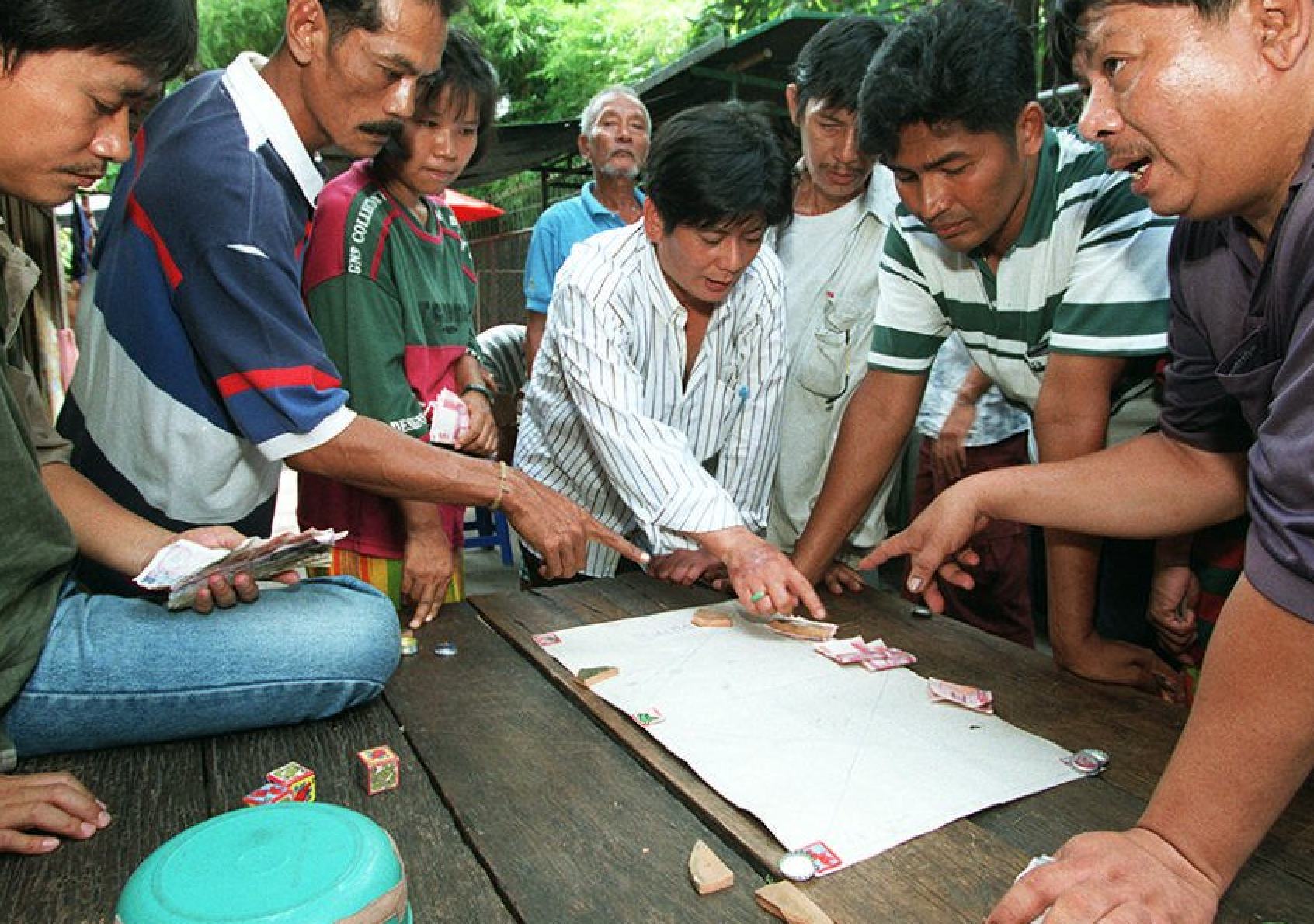
With Thailand’s first legal casino unlikely to open before 2028, Somporn still has a long wait before she is able to make her first lawful bet in a lifetime of gambling – and she’s not alone.
At her level, the stakes are small. Somporn says she usually bets less than 200 baht (US$5) a day – teased by the prospect of winning up to 100 times that amount.
Prime Minister Srettha says it is time to turn Thailand’s predilection for gambling into an asset rather than a criminal slush fund.
“We want to get rid of the ‘influential people’ who come with this illegal business and bring the income to develop the country,” he said on X.
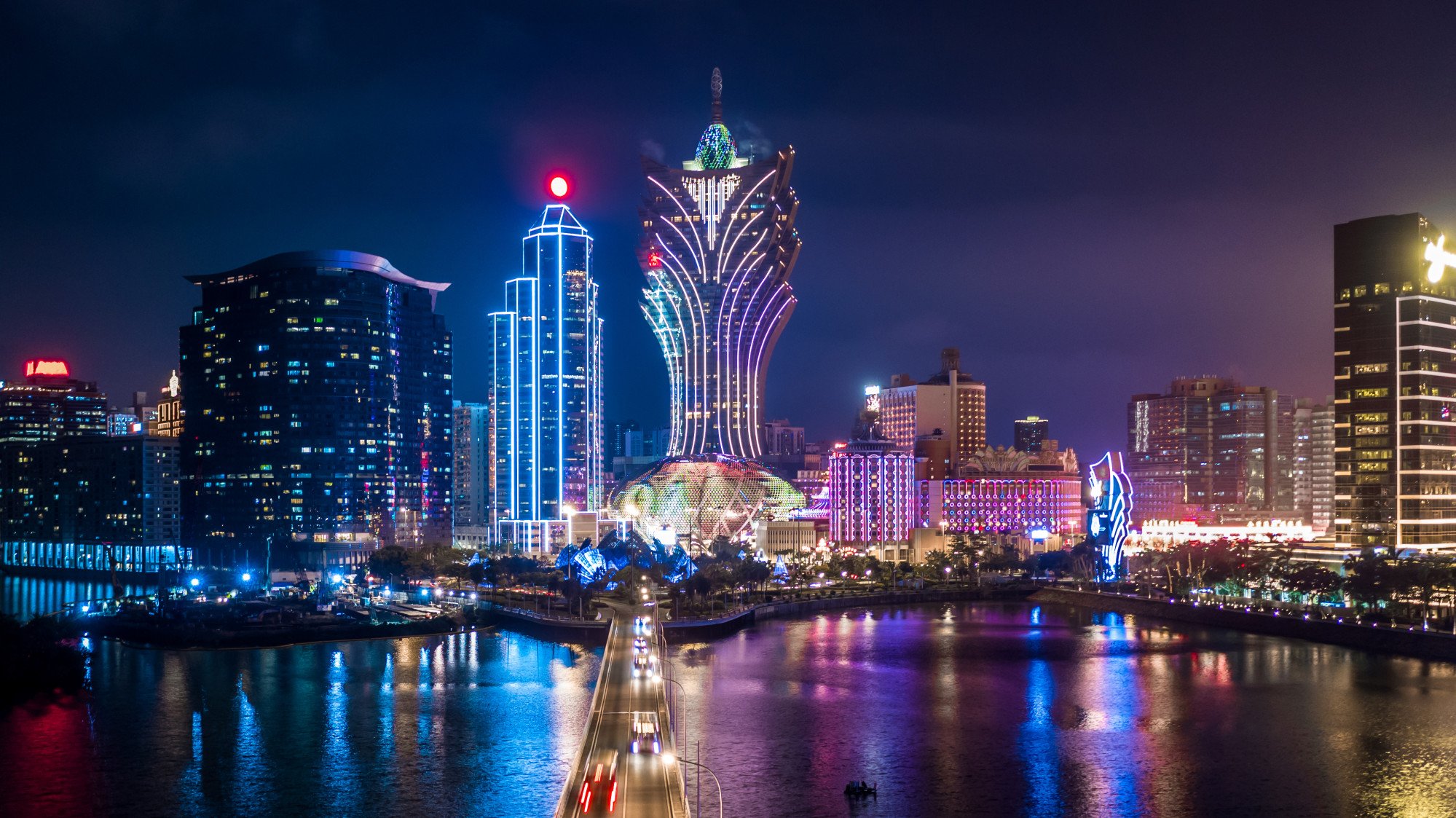
Getting the regulations right – and then properly enforcing them – is the real challenge, observers say.
“It’s exciting because Thailand is already Southeast Asia’s tourism juggernaut,” said Maybank IB analyst Yin, of a country expecting 40 million visitors this year.
“But the prime minister has to spend his political capital properly … will Thailand try to employ the junket model which supercharged Macau’s growth but led to a lot of money laundering, or will there be a local Thai entry levy similar to that in Singapore?”
Singapore is the regional gold standard for new casino markets, pulling in billions of dollars in gaming revenue since launching in 2010. It enforces strict entry rules: gamblers must be over 21 and any Singaporean or person with permanent residency has to pay S$150 (US$111) per 24 hours to play.
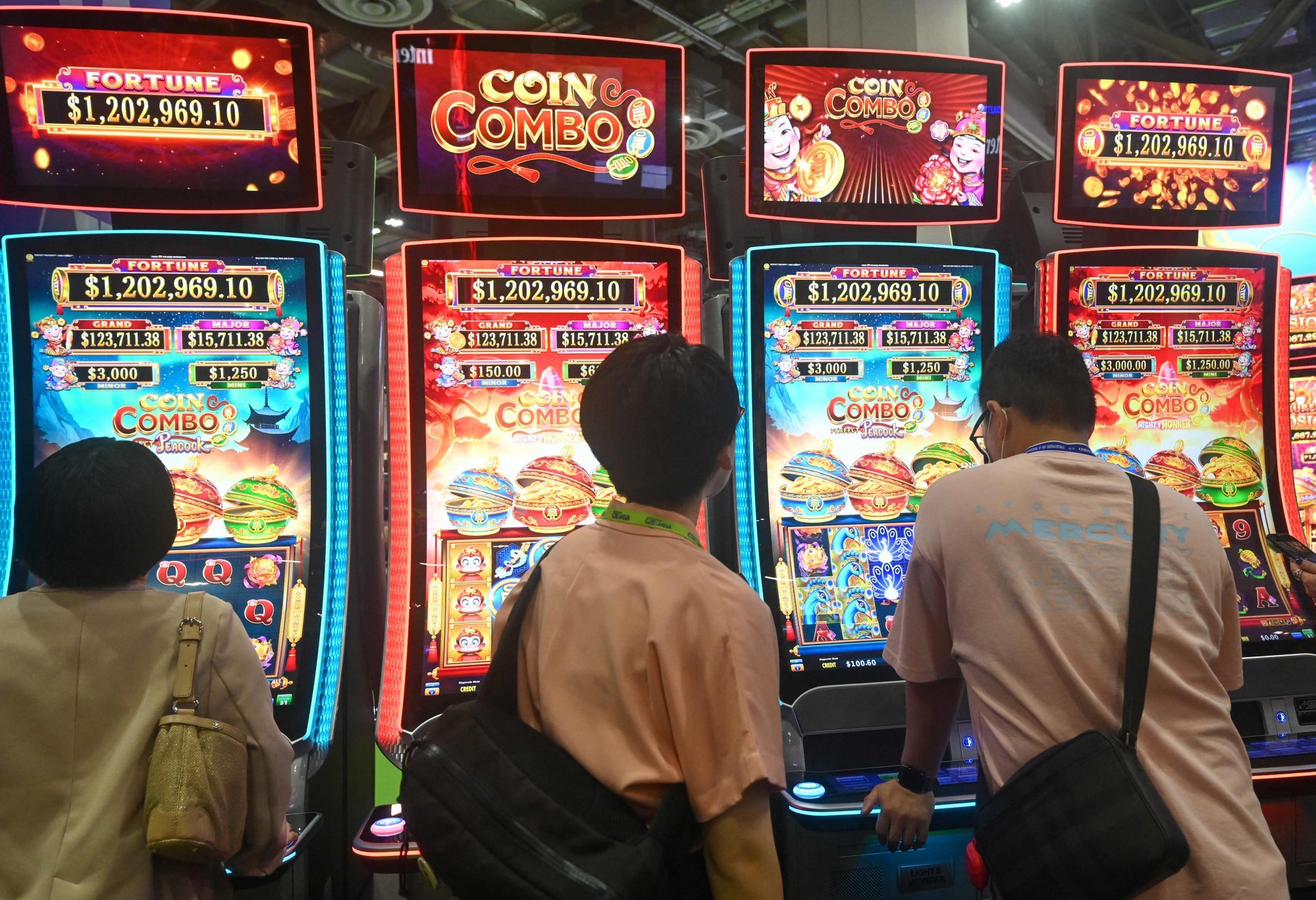
It also operates an exclusion policy for problem gamblers, which can be activated by concerned family members or the casinos themselves.
Both of the city state’s casinos are spending heavily on upgrades to their non-gaming offerings, as Asia’s post-pandemic tourism rebound looks set to continue throughout 2024.
Marina Bay Sands plans to add a new 15,000-seat entertainment arena, additional conference spaces and a brand new luxury all-suite hotel tower with a public rooftop.
Just a stone’s throw away is the Resorts World Sentosa, which will also be getting a makeover, with a new Minion Park and Super Nintendo World at the Universal Studios Singapore and an expanded aquarium called the Singapore Oceanarium.
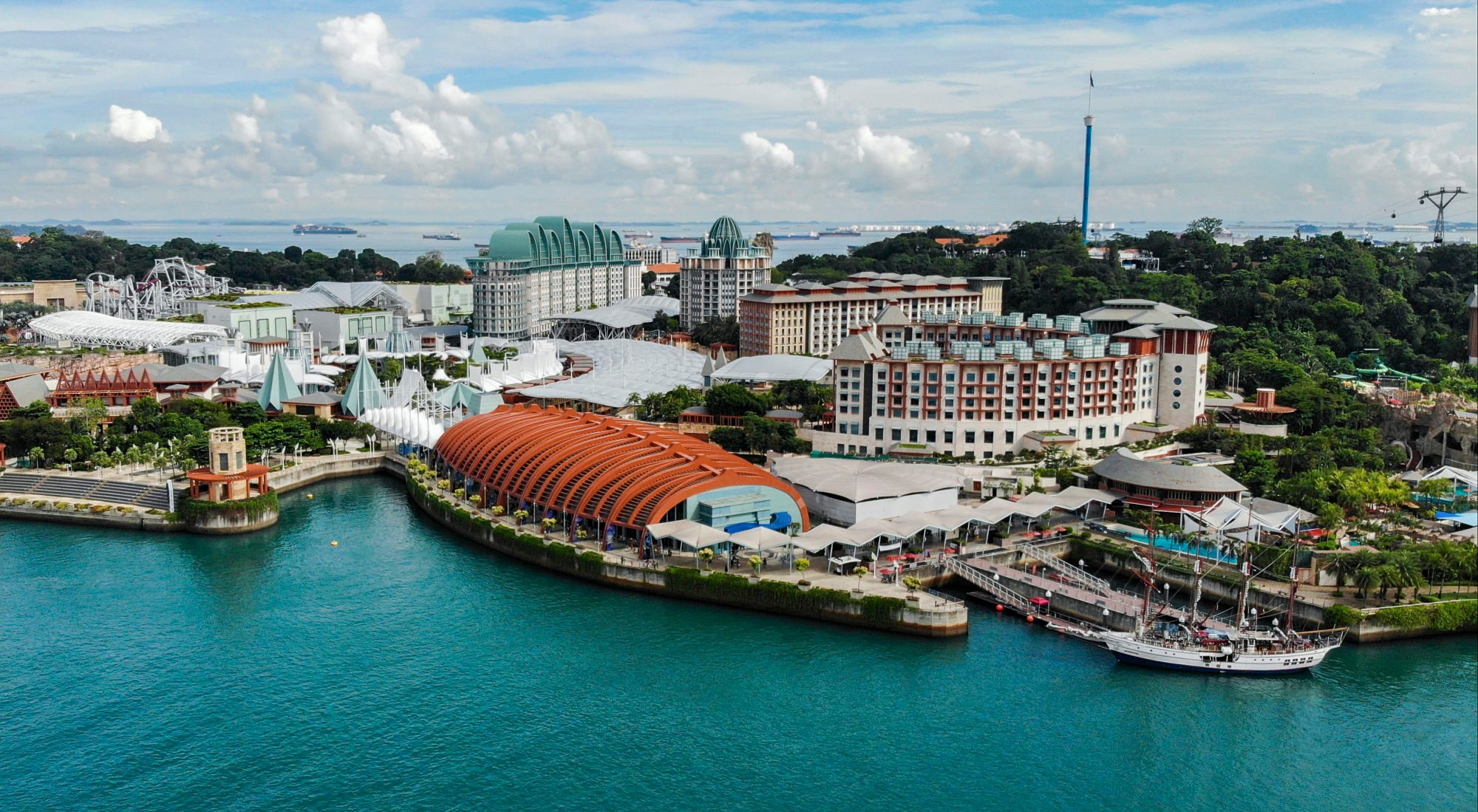
Marina Bay Sands’ casino revenue surged to US$741 million in the fourth quarter of last year, up 84.3 per cent year on year, figures released in January by parent company Las Vegas Sands show.
Thanks to it already being one of Asia’s top tourist draws, Thailand’s entry into the regional casino market is likely to force its competitors to up their game.
Genting’s Resorts World Sentosa and NagaCorp’s Naga 1 and 2 in Cambodia’s Phnom Penh will be the most exposed to Thailand entering the market, according to a Maybank IB briefing note, as all three rely heavily on overseas customers.
The Philippines, which is expanding its casino offerings amid a strong recovery in tourist numbers, could also see its gaming revenues nibbled – and eventually gnawed – into by Thailand, with its better air and land connections to the rest of Asia.
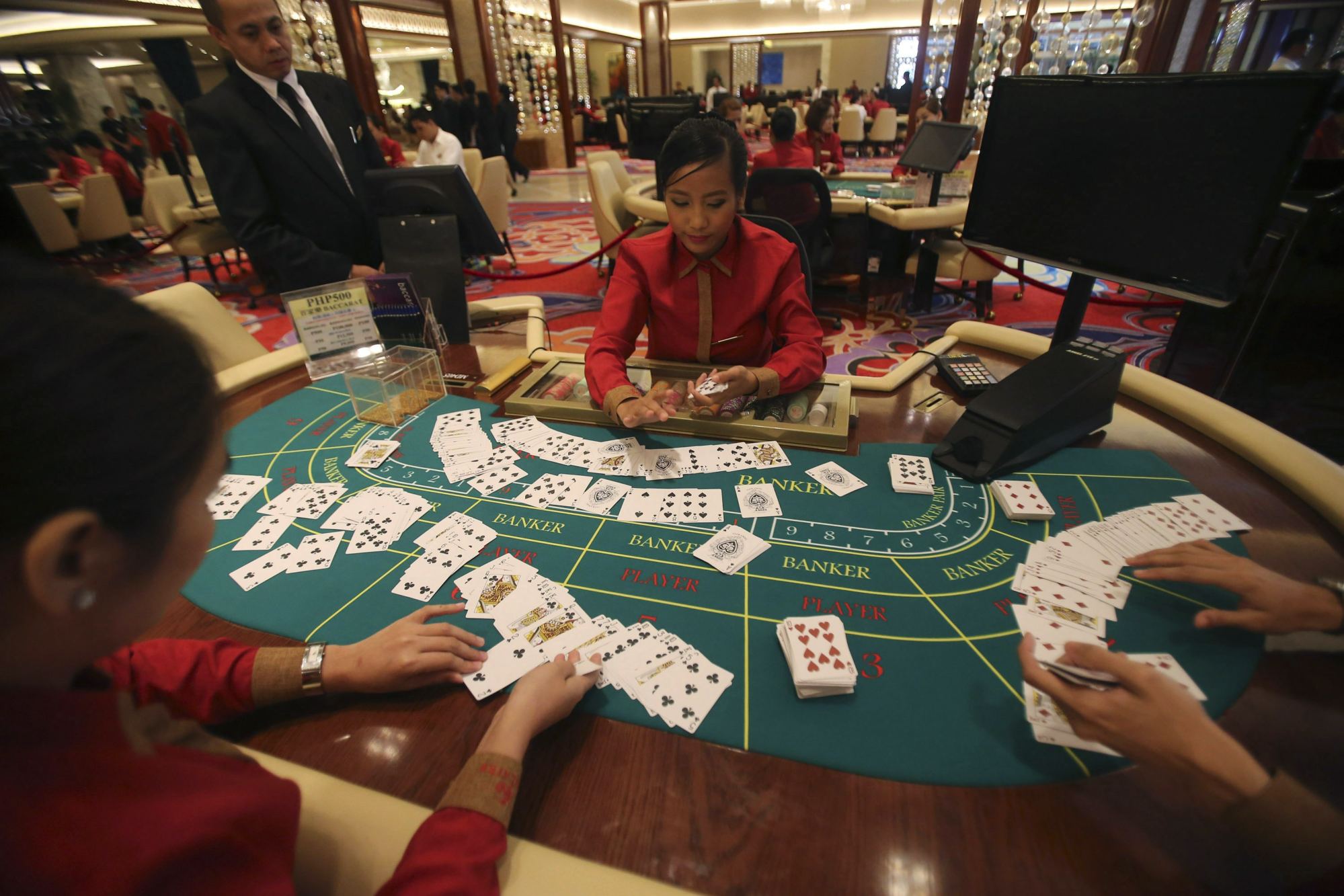
For all the buzz around Thai casinos, Singaporean housewife Rebecca Lim*, 61, said she thought they were unlikely to woo many casual gamblers from the city state.
“I don’t think Singaporeans would specially make the trip to a casino when they’re in Bangkok since there are so many options here,” she said.
Only time will tell, but Maybank IB’s Yin said it was possible Southeast Asia’s gambling market could simply grow to accommodate new players without necessarily crushing the older ones.
When Singapore, just over the border from Malaysia, opened its Marina Bay Sands resort, everybody said “Malaysian gaming is doomed” he said. “But it wasn’t.”
Malaysians lament end of holiday highs as Thailand considers cannabis U-turn
Intense speculation about Malaysia’s gaming sector erupted in late February after news broke that two of the three casinos at the Resorts World Genting hillside holiday destination in Pahang state had shut.
The company later clarified that the closures were temporary as part of efforts to “improve our operational efficiency and enhance the gaming and entertainment experience” for guests.
It did not say how long the renovations would take, but banking analysts expect the two casinos to be back in action by next year.
Legalisation of gaming in Thailand promises to offer tourists and gamers increasing opportunities in an increasingly competitive market
News of the Thai government’s plans to approve casino licences has whipped up much excitement across the country’s southern neighbour, many of whose avid gamblers can frequently be found on the Mekong’s gaming floors.
“Another solid reason to visit,” wrote Facebook user Simon Khoo in a comment about Thailand’s casino plans. “We are OTW,” said Allistair Tan, using the acronym for “on the way” and suggesting that Thailand build casinos in Hat Yai and Betong, a short hop from the border with Muslim-majority Malaysia.
Tourism operators, gamblers and government revenue departments across Southeast Asia are all poised to benefit from Thailand’s plans, but none so much as the big hitters in the casino world – and their Thai partners – who stand to become the gatekeepers to billions of dollars in gambling revenue annually.
“Much work remains to be done,” Fredric Gushin, CEO of global consultancy Spectrum Gaming Group, told This Week in Asia. “[But] the recent expansion of gaming by the two IRs [integrated resorts] in Singapore and the expansion of gaming in the Philippines, along with legalisation of gaming in Thailand, promise to offer tourists and gamers increasing opportunities in an increasingly competitive market throughout Southeast Asia.”
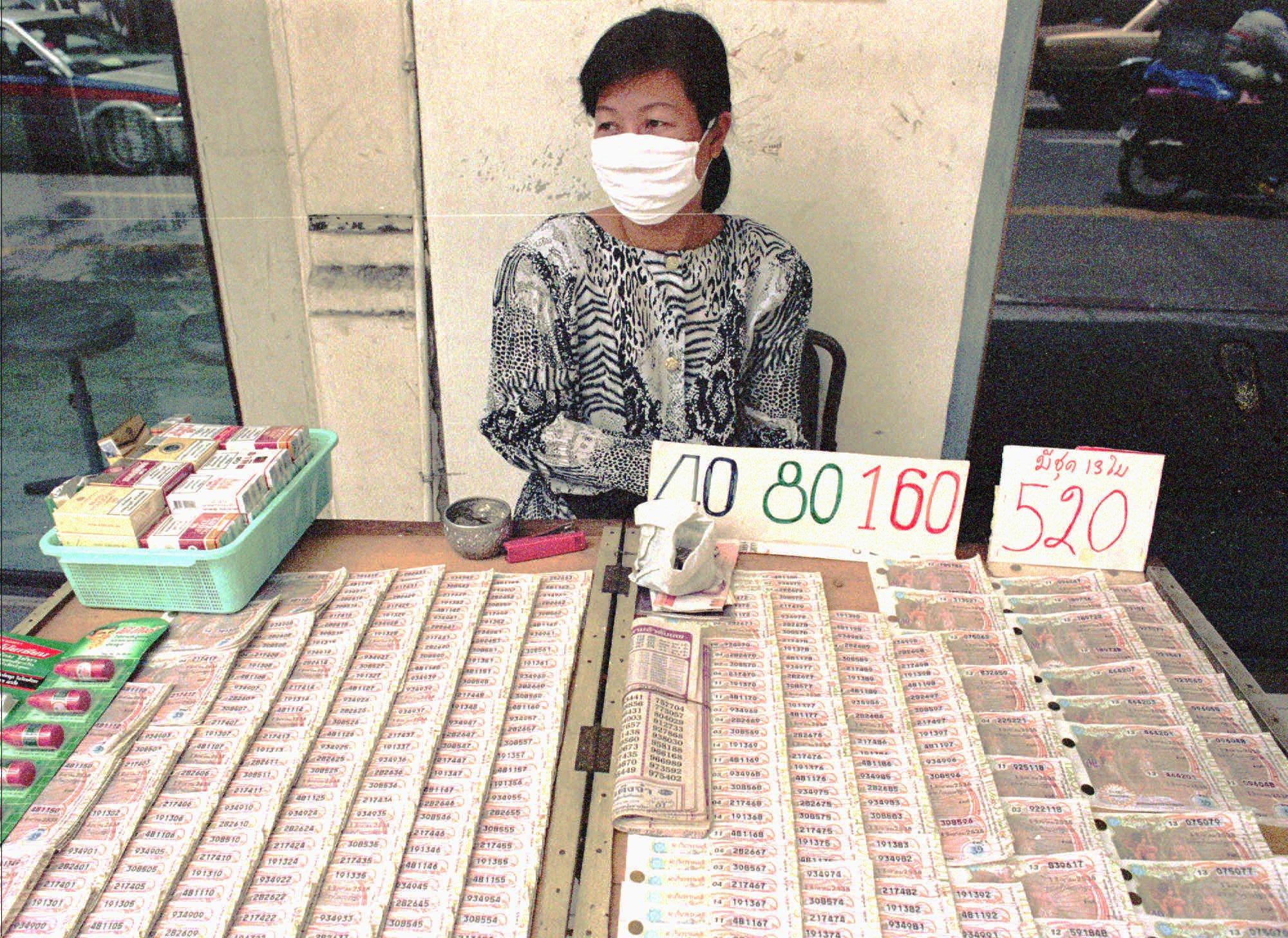
Thailand’s existing gambling laws date back to 1935 and ban all but state-sanctioned forms of betting.
But critics say legislation that is routinely flouted has lost the country untold billions in taxes, while allowing nefarious figures to build criminal empires on illegal bookmaking.
The internet has revolutionised access and the ease with which people can gamble, making most of what is on Thailand’s statute books obsolete and in need of a thorough revision.
At the same time, Prime Minister Srettha is looking to open up those parts of the economy that have long atrophied through a lack of competition or because of old laws.
His government’s new gambling bill has received bipartisan support in the lower house, as well as industry approval – so far.
“It recommends a competitive tax regime and a basic framework for legalised casino gaming,” said Spectrum Gaming Group’s Gushin. “The next step would be to formulate a gaming law and standards for operation [that] should attract considerable international interest on the part of gaming operators, investors and the financial community.”
Thailand’s first gaming licences are expected to go to a handful of global companies with the clout to build and run vast entertainment complexes with casinos at their heart.
They are likely to be joint ventures between foreign companies and local Thai partners, holding 20-year licences that are renewable every five to give the government some leverage. As in Singapore, Thais are expected to face an unspecified levy to enter and be subject to bans if bad behaviour or gambling addiction is reported.
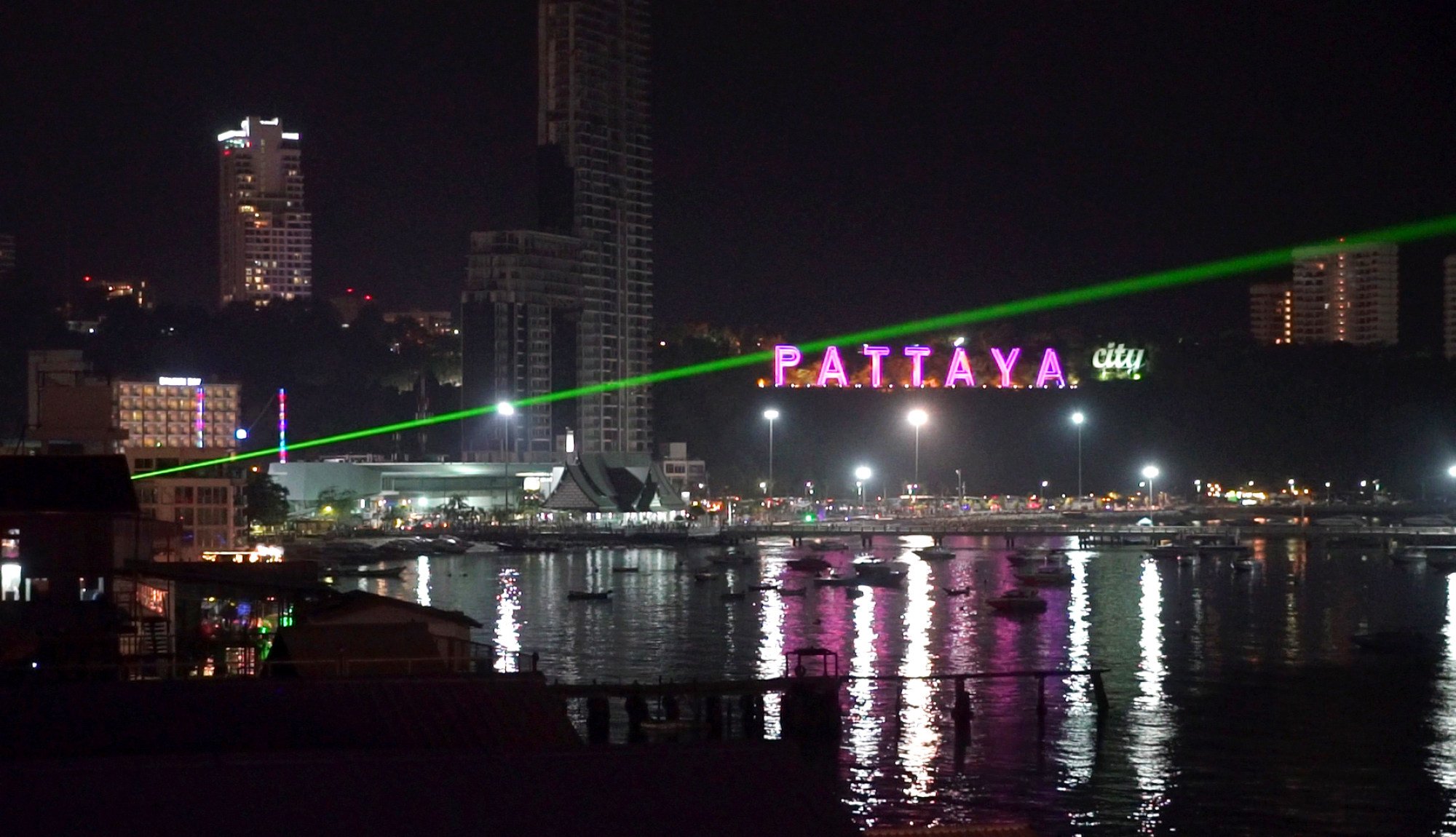
“Assuming two years to finalise a regulatory framework and three years to construct, the first EC [entertainment complex] may only open in 2029,” Maybank IB said in its briefing note.
For gamblers, the new law will simplify a Thai passion that millions already partake of every day. Football punter Nattawut rejects the idea that a new wave of addicts will emerge if casinos open in Thailand for a simple reason: people are gambling anyway, online or on the street.
Are Galaxy, MGM casinos betting on Thailand amid Macau shift?
Nattawut, who only gave one name, places bets on European football games with a local motorcycle taxi rank who works for a bookmaker in suburban Bangkok – a chain of illegal gambling that’s so common in small communities across the country that he says it’s almost mundane.
“We know where the opposition to changing the law comes from,” he said. “It is from those who stand to lose the most.”
*Name changed at interviewee’s request